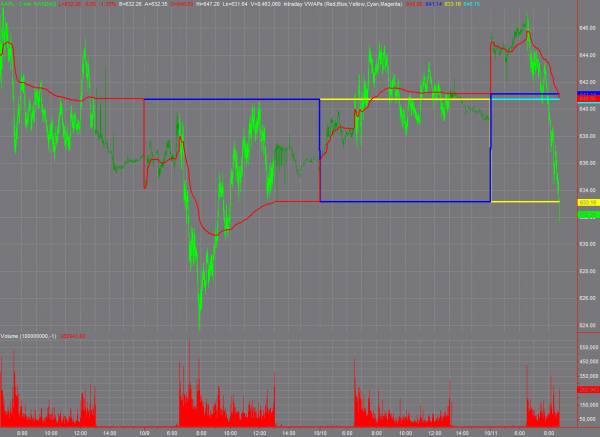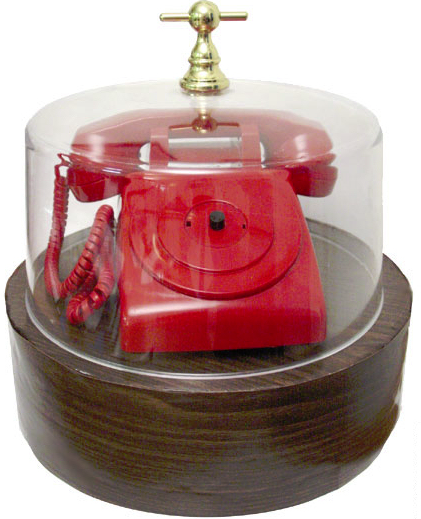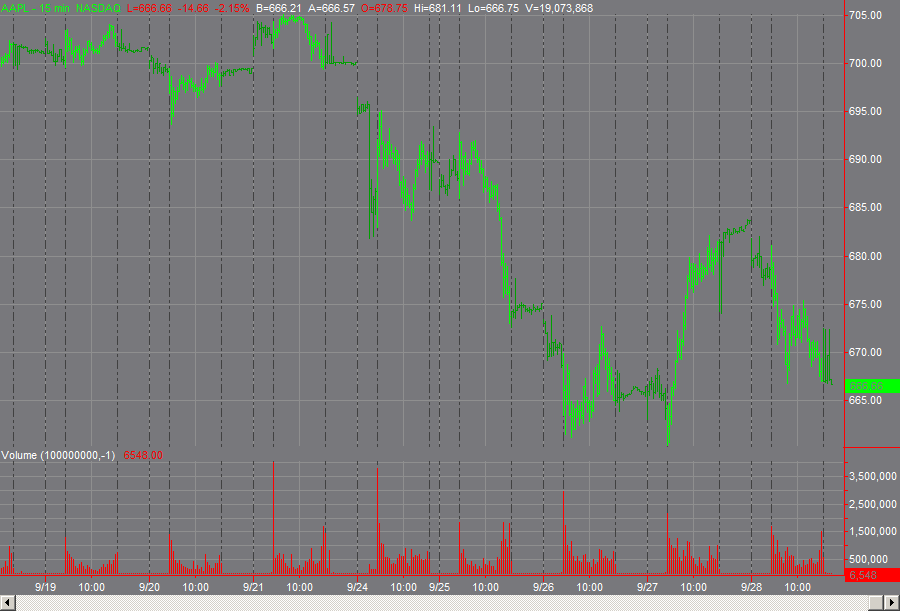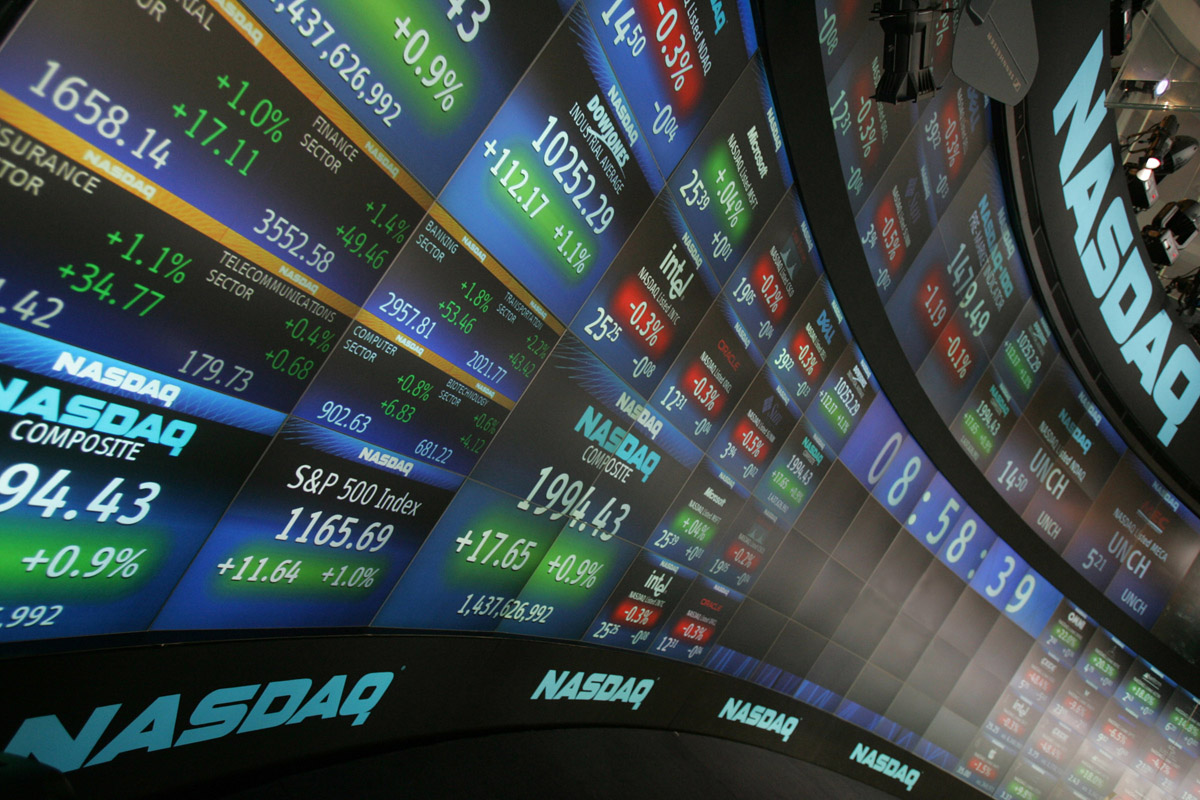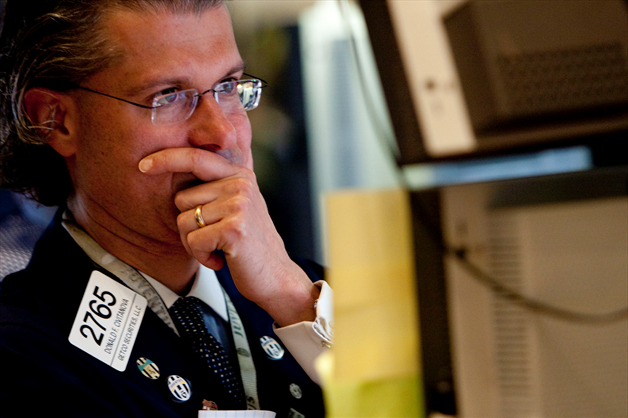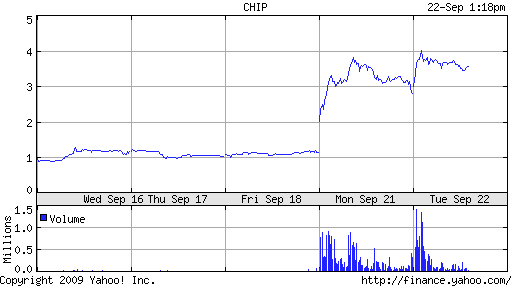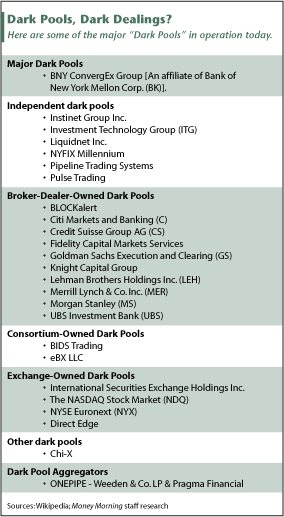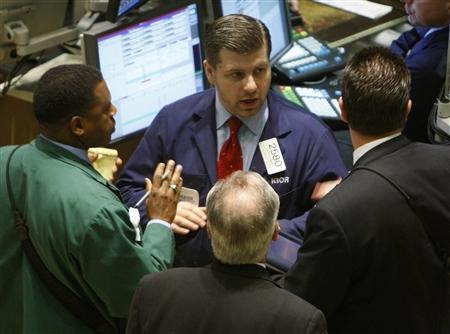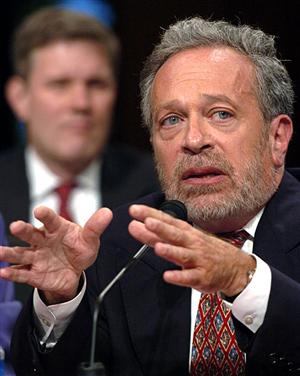– All US Equity Markets Closed Monday (And Maybe Tuesday) Due To Sandy (ZeroHedge, oct 29, 2012):
Late Updates – after a day of consultation and realization that if the algos were left alone to play then things could go a little pear-shaped – NYSE and NASDAQ will now be totally closed tomorrow:
- *U.S. EQUITY MARKETS TO CLOSE ON OCT. 29 FOR STORM, SEC SAYS
- *NEW YORK STOCK EXCHANGE TO CLOSE MARKETS FOR STORM
- *NASDAQ OMX MARKETS CLOSED TOMORROW ON HURRICANE SANDY :NDAQ US
- *CBOE TO CLOSE EXCHANGES OCT. 29 BECAUSE OF HURRICANE SANDY
Via NYSE:
“In consultation with other exchanges and market participants, NYSE Euronext will close its markets on Monday, Oct. 29, 2012 and pending confirmation on Tuesday, Oct. 30, 2012’’
“We support the consensus of the markets and the regulatory community that the dangerous conditions developing as a result of Hurricane Sandy will make it extremely difficult to ensure the safety of our people and communities, and safety must be our first priority’’
“We will work with the industry to determine the next steps in restoring trading as soon as the situation permits’’
Add to this, SIFMA’s recommendation that bond markets close at midday – which is all a little moot given MTA’s closure and tomorrow looks like being a busy day for the European desks…
– Hurricane to close Wall St on Monday, possibly Tuesday (Reuters, Oct 29, 2012):
U.S. stock and options markets will be closed on Monday and possibly Tuesday, the exchange operator said, going back on a plan that would have kept electronic trading going on Monday.
As Hurricane Sandy bears down on the New York area, regulators, exchanges and brokers grew increasingly worried about the integrity of markets and the safety of employees.
It will be the first time the market has closed for a weather-related event since Hurricane Gloria on September 27, 1985.
– Wall Street shuts for storm; trading may not resume until Wednesday (Los Angeles Times, Oct 28, 2012):
As Hurricane Sandy barrels down on the East Coast, Wall Street is shutting down.
The nation’s two biggest trading platforms — the New York Stock Exchange and the Nasdaq Stock Market — have both closed for business. They said trading might not get back to normal until Wednesday.
This would be the first time trading has been halted in all U.S. stocks since a four-day stretch after the Sept. 11, 2001, terrorist attacks.
Read moreHurricane Sandy: Wall Street Shuts Down; Trading May Not Resume Until Wednesday
